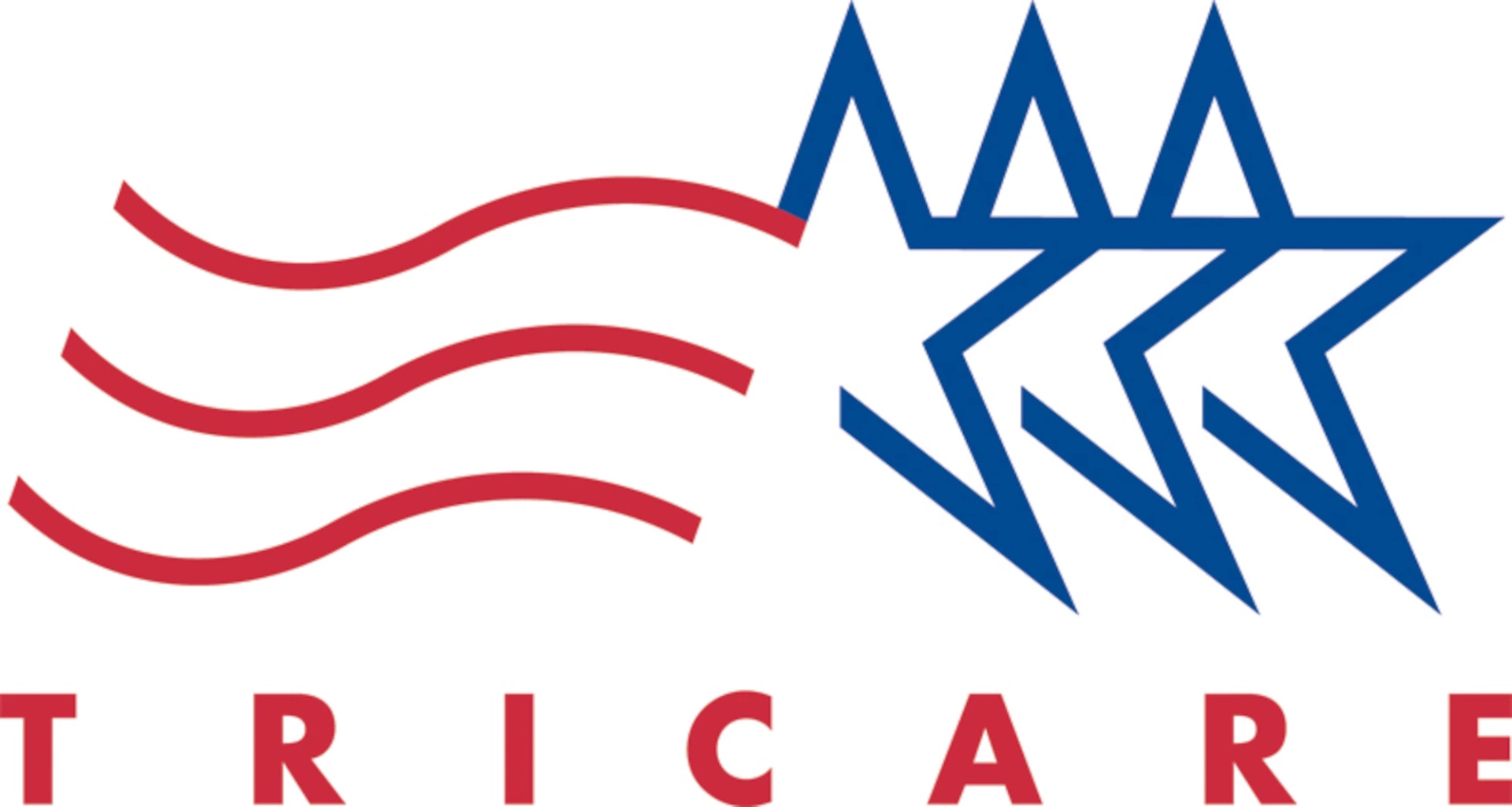As a member of the armed forces or a military family, you’ve likely heard about TRICARE, the comprehensive health care program that provides coverage to active-duty service members, retirees, and their families. With its extensive network of providers and global coverage, TRICARE has garnered a reputation as one of the most robust health insurance plans available. However, the question remains: Is TRICARE truly the best insurance option out there? In this article, we’ll delve into the intricacies of TRICARE, examining its pros and cons to determine if it truly stands out as the pinnacle of health coverage.
Understanding TRICARE: A Comprehensive Overview
Before we dive into the debate, let’s first understand what TRICARE entails. TRICARE is a healthcare program managed by the Defense Health Agency (DHA), an agency within the United States Department of Defense (DoD). It offers various plans tailored to different beneficiary categories, including active-duty service members, retired military personnel, and their eligible family members.
The primary TRICARE plans include:
- TRICARE Prime: A managed care option similar to an HMO, providing comprehensive coverage with low out-of-pocket costs but requiring the use of military treatment facilities (MTFs) and a network of civilian providers.
- TRICARE Select: A fee-for-service plan akin to a PPO, offering more flexibility in provider choice but with higher out-of-pocket expenses.
- TRICARE for Life: A supplemental plan for Medicare-eligible retirees and their families, covering out-of-pocket costs not covered by Medicare.
Additionally, TRICARE offers specialized plans like TRICARE Reserve Select and TRICARE Young Adult for reserve members and adult children, respectively.
The Advantages of TRICARE: Why It Stands Out
TRICARE has several compelling advantages that make it an attractive option for military personnel and their families. Here are some of the key benefits:
-
Comprehensive Coverage: TRICARE plans offer extensive coverage for a wide range of medical services, including preventive care, hospitalization, mental health services, and prescription drugs. This comprehensive approach ensures that beneficiaries have access to the care they need without worrying about gaps in coverage.
-
Global Accessibility: One of TRICARE’s greatest strengths is its global reach. Whether stationed overseas or traveling abroad, beneficiaries can access medical care through TRICARE’s network of providers and military treatment facilities worldwide, providing peace of mind and continuity of care.
-
Low Out-of-Pocket Costs: Compared to many civilian health insurance plans, TRICARE often has lower out-of-pocket costs, such as deductibles, copayments, and coinsurance. This can result in significant savings, especially for families with recurring medical expenses or chronic conditions.
-
No Pre-Existing Condition Exclusions: TRICARE does not impose any pre-existing condition exclusions, ensuring that all eligible beneficiaries receive coverage regardless of their medical history.
-
Portability: TRICARE coverage is portable, meaning beneficiaries can seamlessly transition their coverage when changing duty stations or retiring from active service, without worrying about gaps or disruptions in their healthcare.
Potential Drawbacks and Limitations
While TRICARE offers numerous advantages, it’s important to acknowledge some potential drawbacks and limitations:
-
Limited Provider Network: Although TRICARE has an extensive network of providers, certain regions may have fewer in-network options, particularly for specialized care. This can result in longer wait times or the need to seek care outside the network, potentially increasing out-of-pocket expenses.
-
Enrollment Fees and Cost-Sharing: While generally lower than civilian plans, TRICARE still requires beneficiaries to pay enrollment fees, deductibles, and cost-sharing for certain services, which can add up over time.
-
Complexity: With multiple plan options and intricate rules and regulations, navigating the TRICARE system can be complex, especially for those new to the program or transitioning between plans.
-
Potential Changes or Reductions: As a government-funded program, TRICARE is subject to potential changes or reductions in coverage or benefits due to budgetary constraints or policy shifts, creating uncertainty for beneficiaries.
-
Limited Dental and Vision Coverage: While TRICARE offers comprehensive medical coverage, dental and vision benefits are generally more limited, potentially requiring additional supplemental plans or out-of-pocket expenses.
Weighing the Options: Is TRICARE the Best?
Ultimately, determining whether TRICARE is the best insurance option depends on individual circumstances and priorities. For many military families, the comprehensive coverage, global accessibility, and low out-of-pocket costs make TRICARE an excellent choice, especially when compared to civilian health insurance plans.
However, it’s essential to consider personal factors such as location, access to preferred providers, and specific healthcare needs. In some cases, a combination of TRICARE and supplemental plans or civilian insurance may be the optimal solution, particularly for those with specialized medical requirements or preferences.
Furthermore, it’s crucial to stay informed about any changes or updates to TRICARE plans and policies, as these can impact coverage and costs over time.
Making an Informed Decision
Ultimately, the decision to enroll in TRICARE or explore alternative options should be based on a thorough understanding of your individual needs, preferences, and financial circumstances. Consulting with healthcare professionals, military personnel support services, and trusted financial advisors can provide valuable insights and guidance in navigating the complexities of healthcare coverage.
By weighing the pros and cons of TRICARE and comparing it to other available options, you can make an informed decision that ensures you and your family receive the best possible healthcare coverage while aligning with your overall financial and lifestyle goals.
Remember, your healthcare is a top priority, and having the right insurance plan can provide peace of mind and financial security, allowing you to focus on the important things in life – serving your country and caring for your loved ones.
Which is better, VA Health Care or TRICARE | VA Health Care and TRICARE Comparison | theSITREP
FAQ
Is TRICARE really that good?
What is the best military health insurance?
What does TRICARE not cover?
Why does no one take TRICARE?

